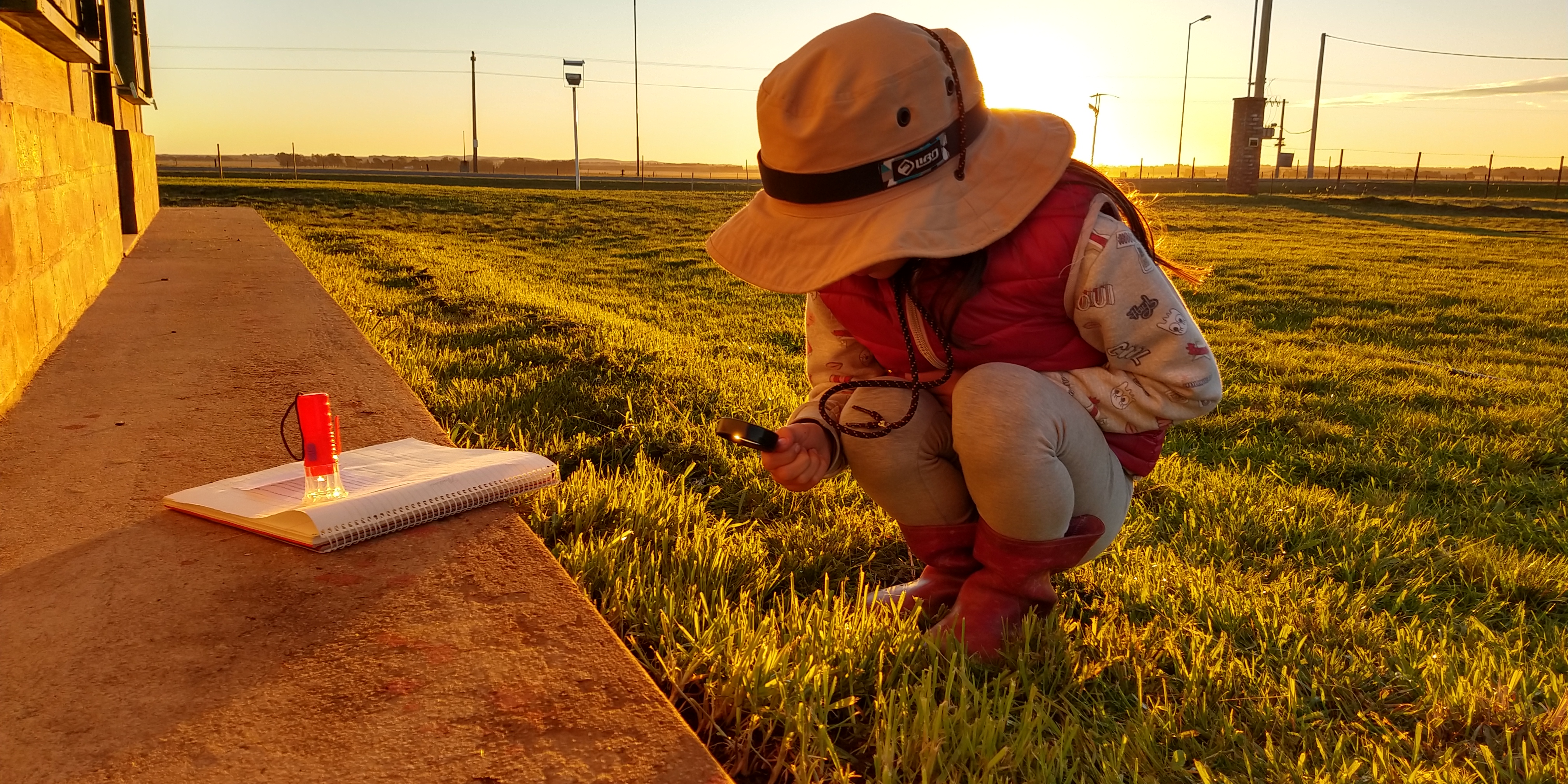Pasado, presente y futuro de la Educación Infantil en España
Main Article Content
Abstract
Early childhood education (from 0 to 6) (Pre-school and kindergarten) is a non-compulsory school stage in the Spanish education system. However, more than 95% of Spanish children are schooled at the age of 3.
This article reviews the characteristics of Early Childhood Education in Spain, as well as an analysis of the curriculum of this stage. Subsequently, the pedagogical background and the first steps of Early Childhood Education in Spain up to its configuration as a right and its legislative implementation are considered. The article also analyses the present and future of Early Childhood Education in Spain, indicating the challenges that remain to be overcome. Among them, we find the need to overcome the eternal debate between the care and education aspects of the stage, as well as to improve its funding, as it is the educational stage where we find less investment. The need to improve the 0 to 3 years cycle and to give an identity to the complete stage (which is from 0 to 6 years) is also suggested, because traditionally there are great differences in the perspective in which each of them is approached, with the first stage being given a very welfare-based character and the educational function being left to the second stage. It also raises the importance of redefining the relationship with other educational stages, respecting the identity and methodological approach of Early Childhood Education, which can be very enriching for the rest of the levels of the educational system.


